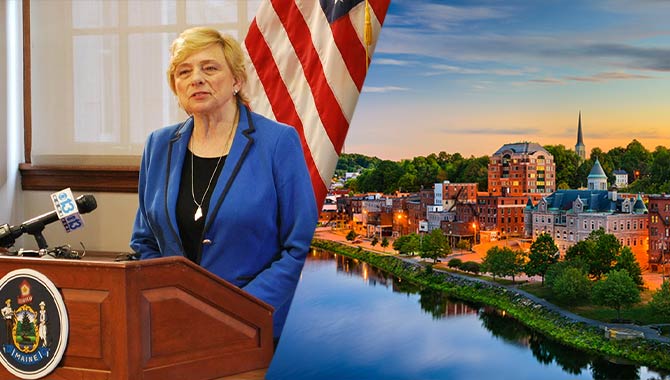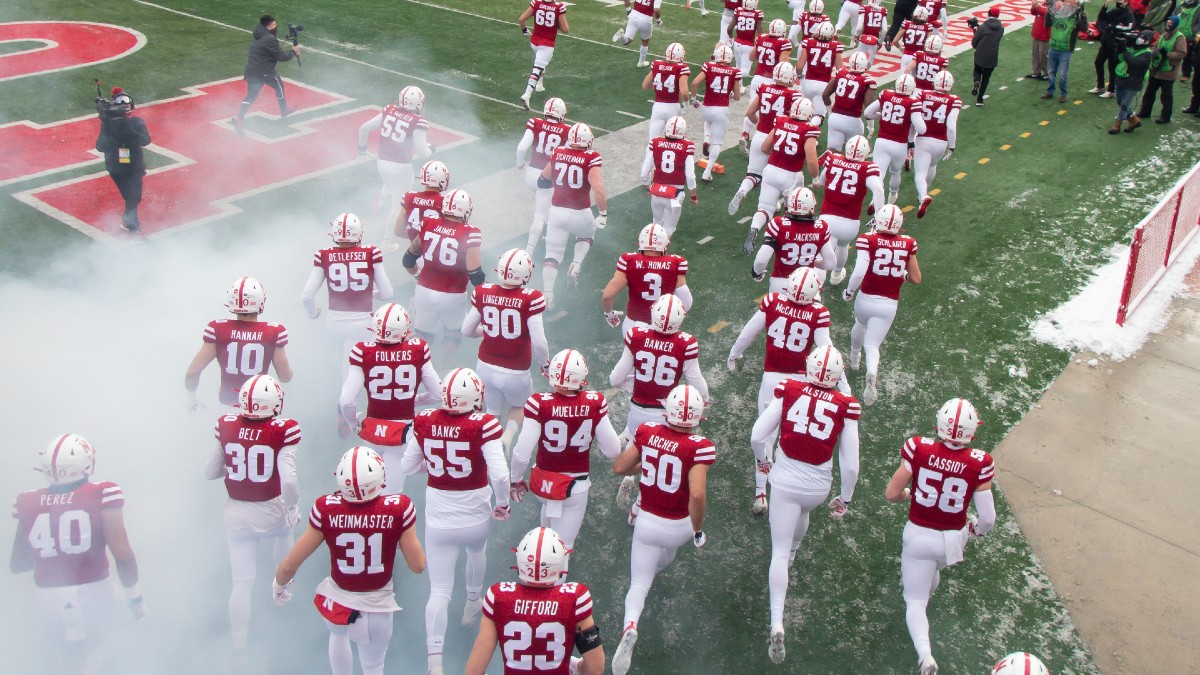
Tribal sovereignty bill vetoed by Maine Governor

Governor Janet Mills urges Tribes and Attorney General to create clearer proposal that will not ‘modify’ current Maine laws.
Maine Governor Janet Mills has vetoed a proposal that would give Native American Tribes more sovereignty within the state. Currently, Maine’s Tribes are not recognized by the same federal laws which apply to other Tribes throughout the country.
In May, a bi-partisan bill was introduced by House Speaker Rachel Talbot Ross. Two weeks ago, that bill was advanced by both the House (with a vote of 100 -74) and the Senate (with a vote of 26 – 8).
However, Governor Mills has criticized the nature of the bill as ‘vague and confusing’ with the potential to lead to ‘protracted litigation.’ Mills has still claimed that she doesn’t want Maine Tribes to be excluded from the benefits of a federal law, even so.
This lack of federal rights has been ongoing since Maine Tribes underwent an $81.5m settlement with the state signed by President Carter in 1980. Though subsequent lawsuits have resulted, the law stated that the Passamaquoddy, Penobscot and Maliseet Tribes are bound by Maine rather than federal law (the Mi’kmaq Tribe was also added to the settlement in 1991).
The Maine administration has said that only four or five federal laws don’t apply to Maine’s Tribes, but that the new bill could “modify” Maine’s public health, safety and welfare laws currently in place on Tribal land. While Maine’s Tribes receive benefits like education funding, they are in disagreement about the handling of water and environmental issues.
Governor Mills has requested a clearer proposal from both the Tribes and the Attorney General. Penobscot Nation Chief Kirk Francis said Mills wants to “protect an old guard and old mindset.”
Republican Representative John Andrews called the proposed bill a “basic liberty issue.” He has advised Republicans to overturn the veto.
Tags/Keywords
Players trust our reporting due to our commitment to unbiased and professional evaluations of the iGaming sector. We track hundreds of platforms and industry updates daily to ensure our news feed and leaderboards reflect the most recent market shifts. With nearly two decades of experience within iGaming, our team provides a wealth of expert knowledge. This long-standing expertise enables us to deliver thorough, reliable news and guidance to our readers.






